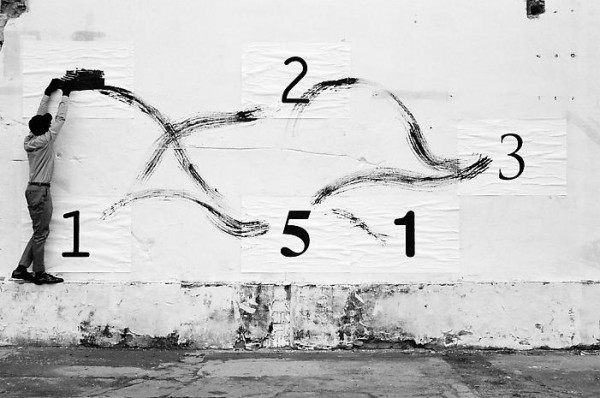Africa is the only continent bothered about being perceived as poor. There is a historical reason for this.
The idea of Africa as the poor continent is as old as the 17th and 18th centuries—those heady days of European optimism when philosophers squandered precious ink drafting the stories that will define the project of modernity. Every story of triumph needs a sad, pathetic loser. It just so happened that Africa was on hand to play this role.
That’s why at the turn of the 19th century, someone like Hegel could speak so movingly of Africa as a place of poverty, lacking everything—poor in reasoning, poor in imagination, poor in humanity, poor in morality, poor in political ideals, poor in godliness, and so on. In summary, when people first began to talk about Africa in the modern world, they could only imagine Africa in relation to poverty.
So, yeah, when Helon Habila accuses NoViolet Bulawayo of making a spectacle of Africa’s poverty, he proves that after over 200 years, we, as a continent, still bear the mark of poverty. In the now popular review of Bulawayo’s debut novel, Habila criticizes novels centered around the idea of Africa as the world of “child soldiers, genocide, child prostitution, female genital mutilation, political violence, police brutality, dictatorships, predatory preachers, dead bodies on the roadside.” There is such a thing, observes Habila, as portraying poverty, suffering, and death in a “poverty-porn sense.” In the last few years, so much has been said about contemporary African writing and representations of poverty and suffering that “poverty porn” deserves to be a literary genre in its own right.
Poverty porn, though? What the hell is that? Pornography, in its latin roots, means the writing or image of prostitution. This would mean that novels accused of being poverty porn prostitute the image of Africa as the poor continent. They allegedly offer Africa’s poor form up to a global literary market dominated by western buyers who orgasm from ogling the abjection of African life.
But all these accusations and counter accusations among African critics and novelists about pornifying the poverty of the continent betray a deeper anxiety. Probe deeper into the link between writing and prostitution inherent in the concept of poverty porn and you’ll understand the nature of this anxiety.
Prostituere is the latin for “set up in public,” “to expose,” “to dishonor.” The problem with prostituting the continent is not that it is morally wrong. Selling the African continent in the global literary market place is not the crime here. After all, there is no novel that isn’t trying to sell one form of pleasure or another. The problem is that prostitution comes with the risk of exposure and the fear that some unworthy truth about the body or the self could be revealed. In the African literary community, the unspoken rule, therefore, is: prostitute any other aspect of African life—its middle class life, for example—but not its poverty.
Why? Because Hegel may turn out to be right. The possibility that Africa is constituted by its poverty might actually be true. We might actually realize that not even Habila—as his novels prove only too well— knows what it means to imagine an Africa that is not poor. The truth might dawn on us that there has never been a time when we ourselves—Africans— haven’t thought of the continent as poor. Even when we say positive things about Africa, it is always conditioned by the knowledge of her perceived poverty. So, it turns out, even though Habila harangues Bulawayo, he is actually haunted by Hegel.
Crucifying African novelists for writing about violence and poverty will not lay Hegel’s ghost to rest. Interrogating the history that constructs our world as poor would.
***
The image in the post is the work of South African artist, Robin Rhode. See more of his work HERE.
You should follow Brittle Paper on Twitter HERE.









Olamide breaks down his album, Nigerians and poverty porn – the best Nigerian articles of the week » YNaija November 19, 2020 13:01
[…] Why only Africans worry about poverty porn– Ainehi Edoro […]